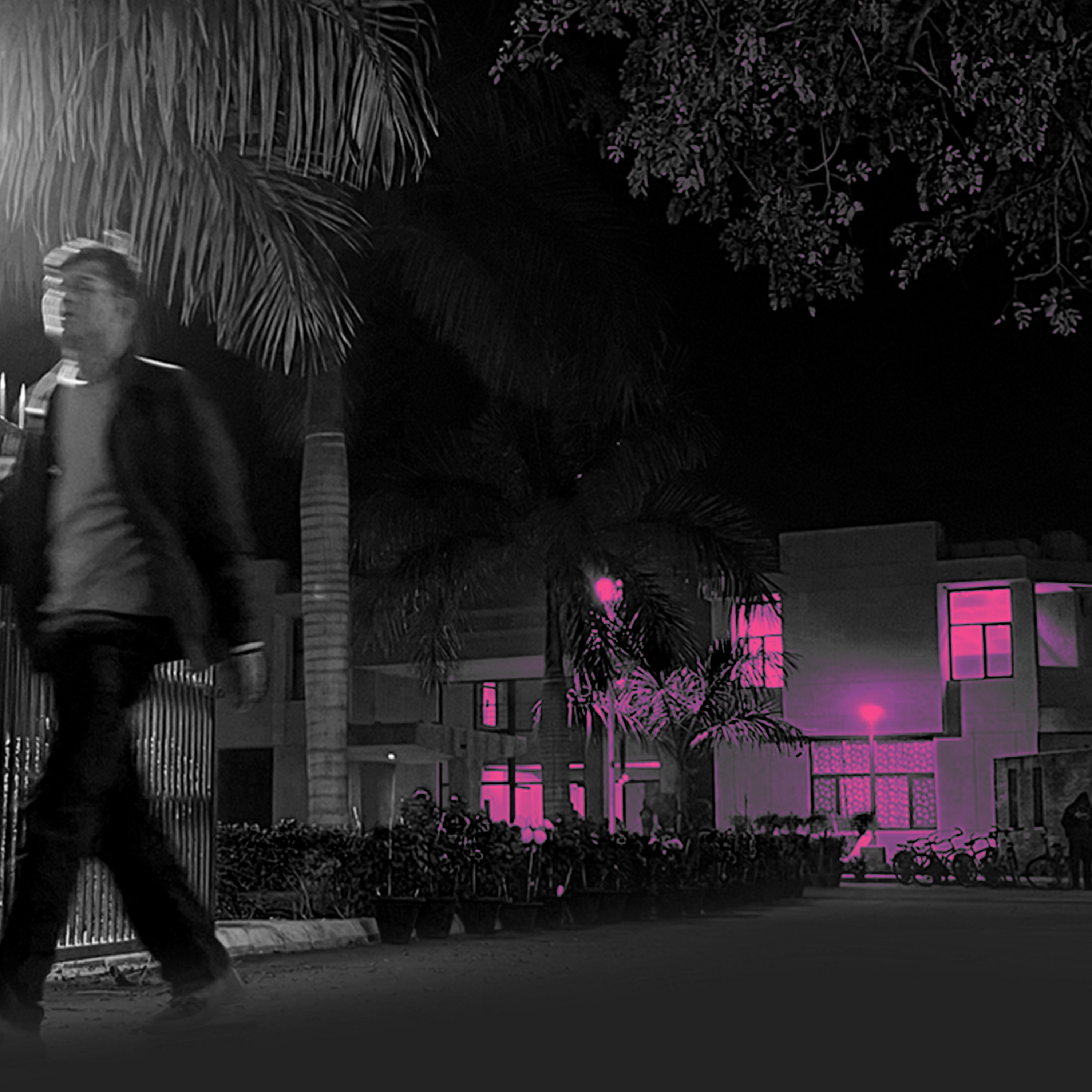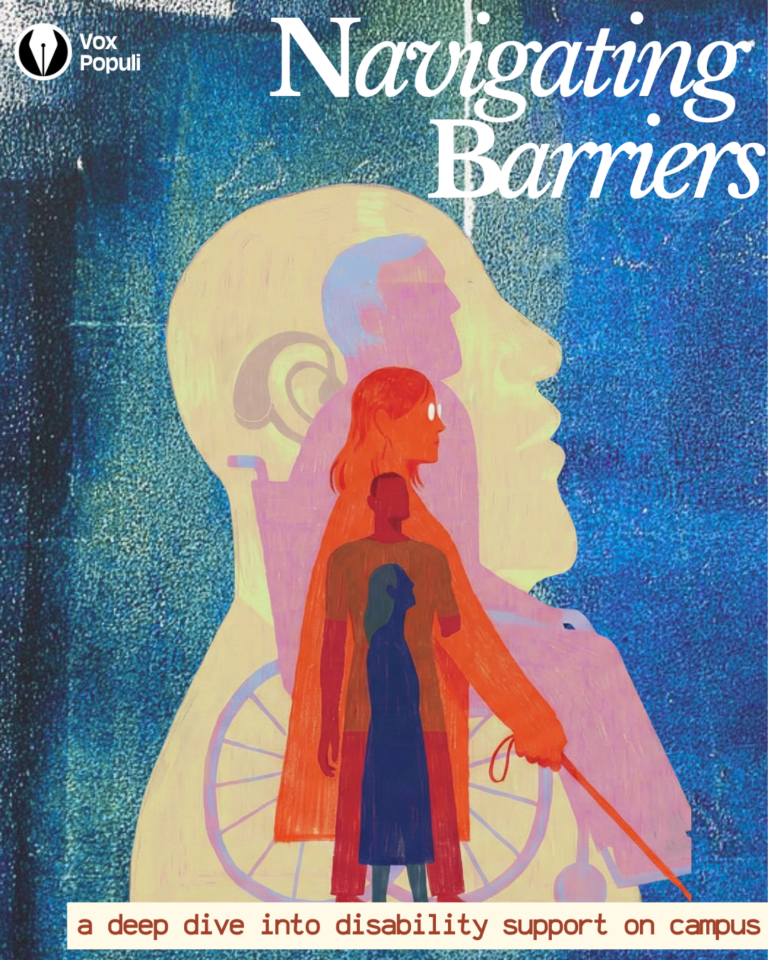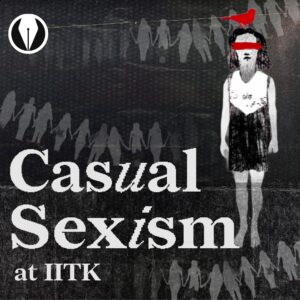Following an Office Order by the Director’s Office dated 22 August 2022, a committee was constituted to review the current accommodation status of students and suggest measures to improve the same. What follows is an editorial by Vox Populi in collaboration with the Forum for Critical Thinking on the recommendations made by the committee.
When the pandemic subsided and students were recalled back to campus, a concern that came up was housing the increasing number of students. With Y20 and Y21 students joining the institute, the difficulties in frequent shifting and crunched living conditions were overshadowed by the first offline campus experience. After over a year of the campus reopening and with the Y22 undergraduate batch joining, the state of affairs hasn’t improved much.
In the latter half of the previous year, the administration formed a committee to review the accommodation issue and suggest possible measures to relieve the situation. As of today, the campus houses around 9,000 students. However, the number of rooms available is in the vicinity of the number 6,100 and beds in totality are around 7,100. This crunch, directly and indirectly, affects the entire campus community.
The committee comprised six professors and two student nominees – the President, Students’ Gymkhana and a PG nominee. While the report itself is attached towards the end of the article, the headings of the report can be briefly summarised below:
- To strive towards a no-crunch policy.
The committee recognises that the Halls of Residence (which include the rooms, washrooms, mess, and water supply) are designed to accommodate a certain number of students and that there are no guidelines to define the maximum limit of overload in student accommodation a hostel can sustain. A single room in Hall 1 is recommended to be taken as a standard single room accommodation to specify the overcapacity limits of each hostel and be agreed upon. The committee also mentions that ideally, all halls must strive towards having no crunch in the halls over and above the designed capacity.
- Delinking accommodation from admission
The committee recommends that the Institute review the current policy of linking accommodation to admission (which makes IITK a residential campus) and delink Institute accommodation from admission. A change in the residential nature of the IITK campus would imply several dire consequences. Over the years, the student residents on campus have shaped many policy decisions. They have also taken up positions to formulate plans for functioning in a massive community like ours at IIT Kanpur. Facilities like messing, security and safety, electricity and water supply, internet connectivity and academic facilities make the campus a place to foster its residents’ physical, mental and social development. De-linking accommodation from admission would imply that students would have to look for housing and other arrangements outside the campus and travel to and from each day. Apart from this, such an arrangement would also introduce a divide among the student community and alienate students from each other who come from varying socio-economic backgrounds. This also raises the question of what happens to existing residential halls on campus. What happens to campus workers who are employed in each of these halls? While the recommendation by the committee appears very succinct, a deeper analysis of why this policy change is prudent needs to be included.
- Delinking accommodation vis-a-vis academic status
The recommendation to delink accommodation vis-a-vis academic status can be summarised as per the table below:
| S. No | Program | Normal Duration (Semesters) | Accommodation upon degree extension |
| 1 | BT/BS | 8 | 9th and 10th semester on shared accommodation. No Accommodation beyond. |
| 2 | Dual Degree etc. | 10 | 11th and 12th semester on shared accommodation. No accommodation beyond. |
| 3 | Masters (MSc, MTech, MBA etc.) | 4 | No Accommodation |
| 4 | MSR | 6 | No Accommodation |
| 5 | PhD | 10 | 11th and 12th semester on shared accommodation [For those students who joined the PhD program after BTech, these are 12th and 13th semester on shared accommodation]. No Accommodation beyond. |
An important thing to note is that such a policy only partially solves the crunch issue for some. While the campus is short of close to 2000 beds, only 360 rooms are occupied by PG and PhD students residing in hostels and SBRA/NRA residences which have completed the normal duration for their degrees. Assuming an equal number of degree-extended UG students, only 720 additional rooms would be available, which falls drastically short of the requisite 2000 beds that our campus requires. Also, the recommendation recognises that the normal duration of the programme is more than or equal to the minimum residence time but sets restrictions on the kind of accommodation right after the minimum residence time, implying in some sense that any degree extended student has to suffer through crunch accommodation during the extension consequently.
- Construction of new hostels
The committee recommends more hostels be built to address the needs of the increased student population.
In response to certain concerns raised by the PG community, the President, Students’ Gymkhana responded that the since the report does not mention a timeline and is only a set of recommendations, any action related to hostel decrunching would only be taken by a separate implementation committee and that these recommendations would only be considered as reference and would be consulted with regards to the then prevailing conditions. It was also stated that this report considered the completion of Hall 14 by August 2023 for the next academic semester, which is now further delayed. A CoSHA meeting on 14 December 2022 also raised the concern of increasing crunch. The same was to be taken up in an HMC meeting next month.
The recommendations of this report shed light on some glaring concerns and also point to what might be in store for the student community on campus. While the President, Students’ Gymkhana commented that signatures on such a report do not amount to any actions regarding the hostel crunch issue, compliance with such recommendations is still a matter of grave concern since the recommendations do not account for the students’ interest at large. The delay in the construction of new hostels and the tenacity with which the institute has taken up efforts in other construction projects highlights the non-seriousness and lack of accountability to the students with regard to their accommodation situation. Despite knowing that the student strength would increase year-on-year, the construction of the hostels has taken place at an abominably slow pace, with no concrete updates regarding the completion of projects. We at Vox believe that the committee’s recommendations have not been thought through and analysed. Implementing these would have radical consequences on the student community and the campus culture and should thus be taken back promptly.
Credits and Thanks – Forum for Critical Thinking, IIT Kanpur
An Editorial by Vox Populi.
Link to the Committee’s Report is here.





![[EDITORIAL] Is the institution failing somewhere?](https://voxiitk.com/wp-content/uploads/2026/01/1-2-768x960.png)






